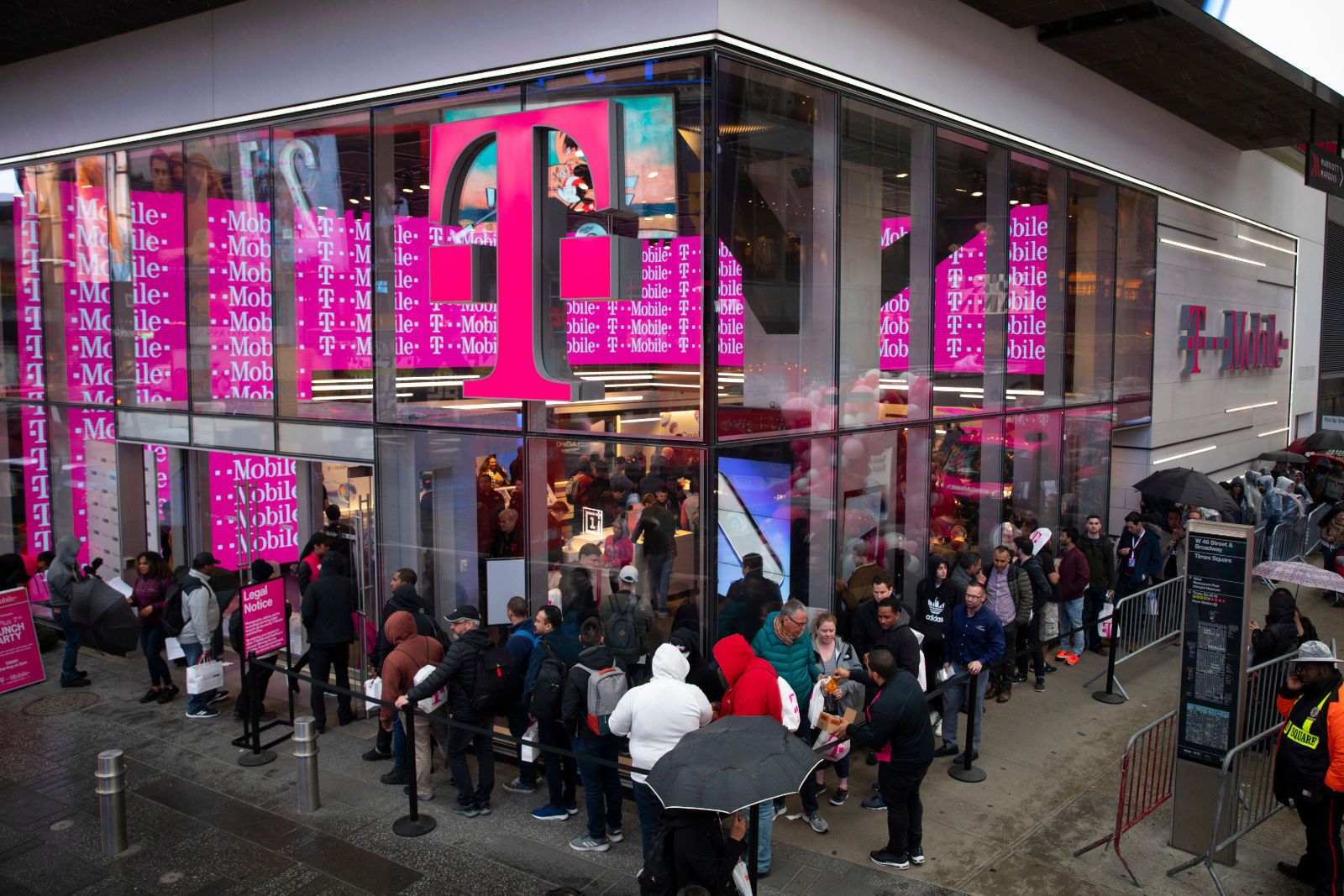News has emerged that the proposed merger between T-Mobile and Sprint has - at long last - been approved by the US Department of Justice.
It's been more than a year since T-Mobile and Sprint first publicly announced plans that the two carriers would merge, to form a kind-of "Super T-Mobile", but this is seen as the final regulatory hurdle that needed jumping.
As you would expect, the deal does include some fairly major caveats. After all, the DoJ has long stated that it doesn't want there to be four major national mobile network providers in the US. It's this element of the agreement that's seemingly taken time to be finalised.
Dish Networks - a current provider of satellite TV - has become a third wheel in this deal, and has been critical in getting the deal resolved.
As part of T-Mobile and Sprint merging, Dish is being required to take on Sprints' pre-paid businesses - which include Boost Mobile and Virgin Mobile, as well as Sprint's 800MHz spectrum for network roll-out.
With Dish currently not owning its own mobile network, part of the agreement is also that the combined companies will also need to hand over to at least 20,000 of its masts/cell sites and hundreds of its retail locations, as well as seven years of access to T-Mobile's network.
T-Mobile and Sprint seems to have been an off-again, on-again affair at various points over the last five or six years, but now it seems this courtship is to finally end in marriage.
T-Mo's popular CEO, John Legere's line is that "the T-Mobile and Sprint merger we announced last April will create a bigger and bolder competitor than ever before – one that will deliver the most transformative 5G network in the country, lower prices, better quality, unmatched value and thousands of jobs."
However, there are those that oppose the deal, seeing it as a reduction of competition, despite the fact that Dish is been required to create this 4th major national carrier using equipment and sites provided by T-Mobile and Sprint.
The worry for some is that by leaving the country with just three big network operators, prices won't be competitive, and will inevitably rise.
We're yet to see what a combined T-Mobile and Sprint will look like in terms of cost, competitiveness or network performance, but - just like the Orange and T-Mobile deal in the UK which eventually lead to EE being formed - it will take some time for the merger to start showing fruit.

